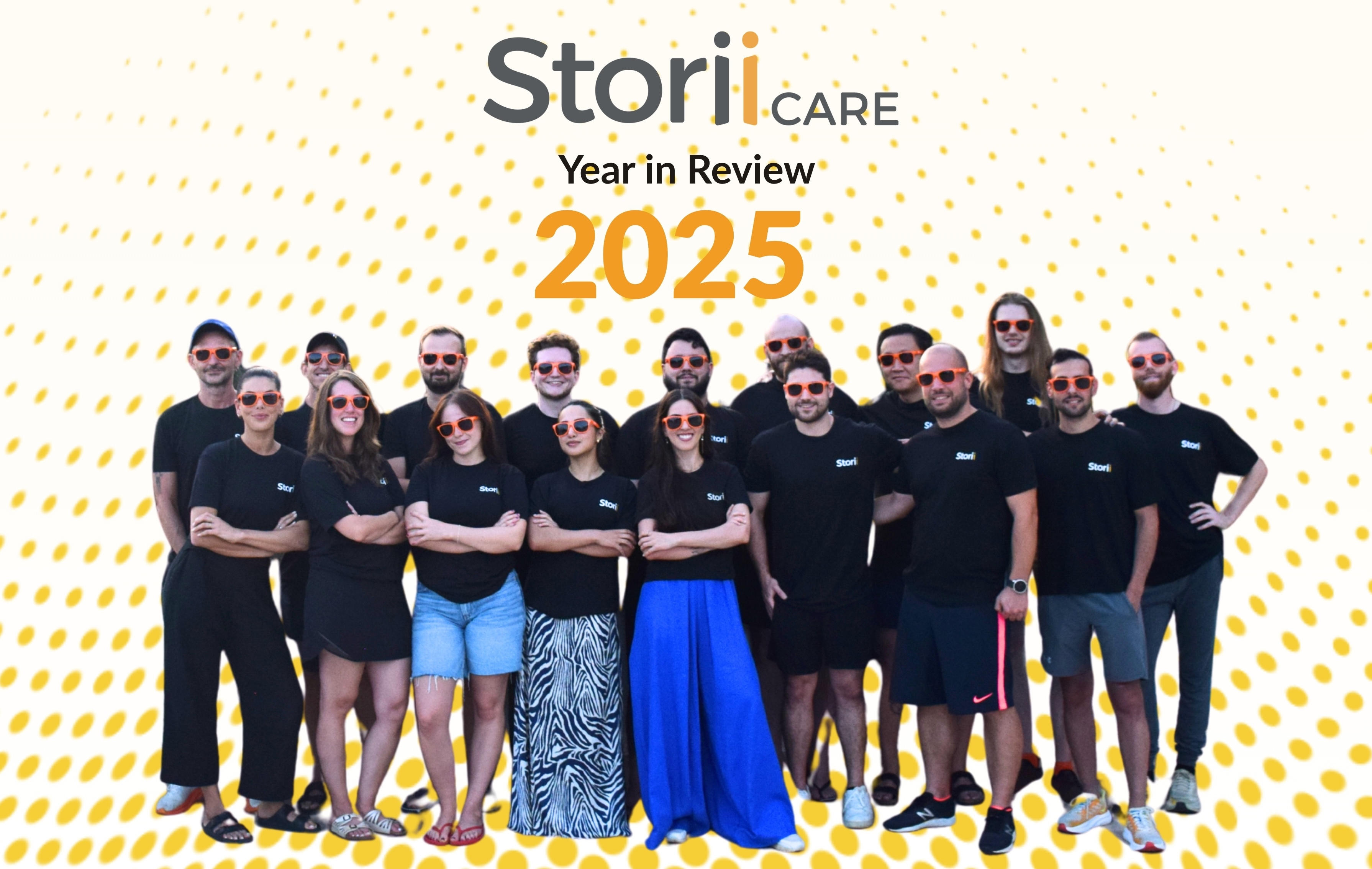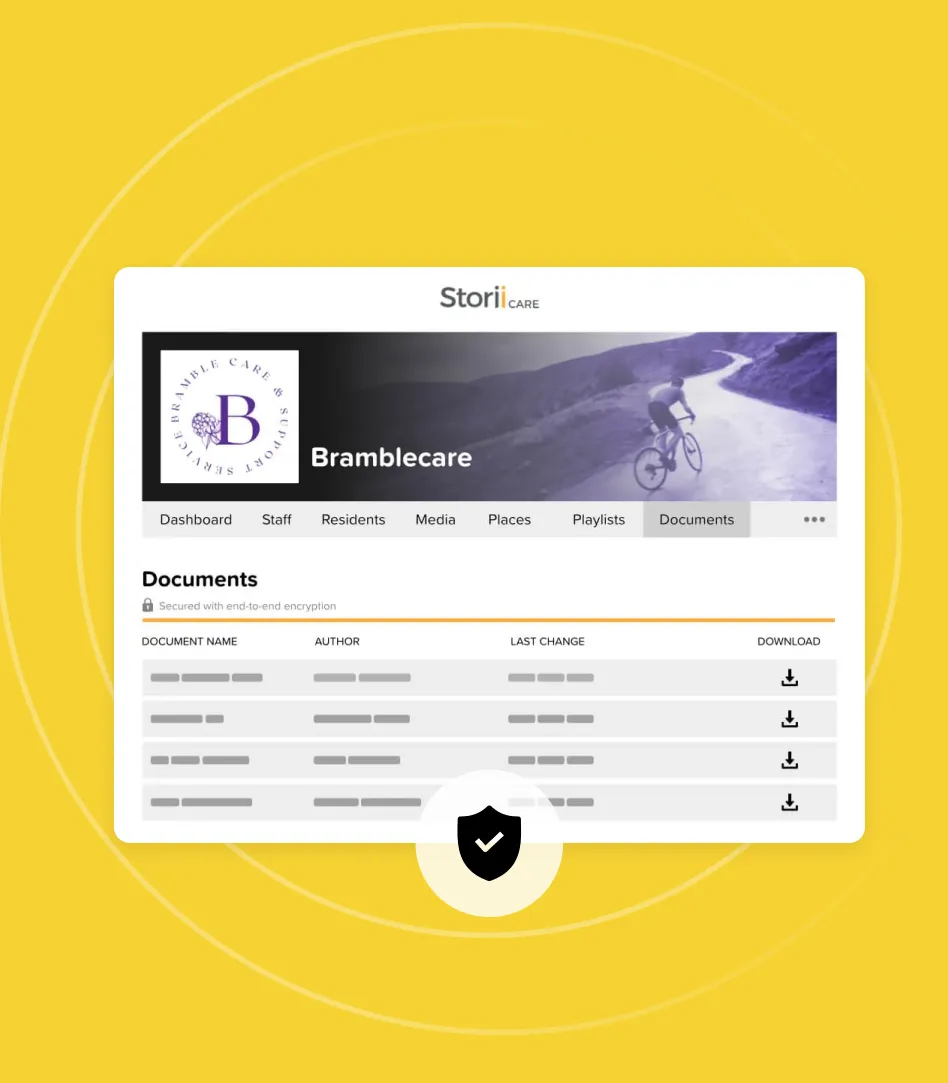Being Elderly & LGBT
A lack of social and legal acceptance for LGBT elders had a significant and systemic impact. Keys to successful aging are good health and competent healthcare; economic stability and security; and strong social and family support.
Sadly, these are precisely where LGBT elders report disparities when compared with their non-LGBT peers. Historically and presently, LGBT elders face stigma, harassment, and discriminatory laws and policies. Consequently, the cumulative effect of this is that LGBT elders face additional difficulties when it comes to finding adequate care as they age.
The following video provides an overview of these disparities:
In conjunction with LGBT History Month, we encourage nursing homes, assisted living communities, CCRCs, adult day care and other senior care providers to take action to ensure a loving, equal and just environment for the LGBT individuals they support.
Improving Patient-Centered Care for LGBT Elders
Patient-centered care in action is precisely what makes senior living communities inclusive. LGBT elders deserve to feel safe being exactly who they are, wherever they live. Moreover, they deserve the assurance that their needs and desires will be met without any discrimination or bias.
Senior care providers are in a unique position to cultivate inclusivity, facilitate healing and promote positive health outcomes for adults who have historically been made to feel avoided, ignored, and undesirable. Staff and management teams are change agents in improving the quality of life for those who have lived in a prolonged state of vulnerability and marginalization.
Providing culturally competent and inclusive care starts with doing research and developing awareness. How aware are staff members of the specific health needs of LGBT individuals? How culturally safe and celebrated do LGBT residents feel in your care?
Provide Staff with Cultural Competence Training
Cultural competence training is essential for caregivers. It better prepares them to fully serve LGBT older adults, without relying on the individual, or their friends and family to educate a caregiver. Having staff undergo this training sends a clear message to LGBT individuals that they are recognized and cared for.
You may be surprised, even. A 2017 Forbes article cited, “A residential activities coordinator reported that before the training she did not think there were any LGBT residents in her community. But within two weeks after hanging her training certificate on her office wall, says Meyer, ‘two community members came out to me as LGBT. They appreciated that I was creating a safe environment for them.’”
Actively Fight Discrimination
Sadly, the mistreatment and marginalization of gay and transgender seniors is often perpetrated by their peers in care home settings. The older a person is, the more likely they are to harbor bias. Keep in mind that same-sex marriage only became legal five years ago.
“It’s become abundantly clear that there are a lot of elders who feel they have to go back in the closet when they enter nursing homes or any care facility,” said Ms. Audrey Weiner, CEO of New Jewish Home in a New York Times article.
Senior care providers should make their views on inclusivity obvious so that all residents are aware. Additionally, they should adopt a strict zero-tolerance policy for discriminatory behavior. Pat Giorgio, President and CEO of Evergreen Estates in Cedar Rapids, Iowa says that the residents of her care community must sign a contract that delineates both their rights and their obligations, including treating others with dignity.
“You cannot allow it to exist or it will poison the community. They don’t get off the hook just because they’re older. They have to respect others.”
Clearly Display LGBT-Affirmation
It is currently legal in 23 states to deny housing based on sexual orientation or gender identity (meaning there is no statewide law or policy). Understandably, LGBT seniors may be anxious about seeking care outside of their own home. In fact, in a 2011 national survey of LGBT adults in long-term care, 89% predicted that staff would discriminate based on their sexual orientations or gender identities. Additionally, 43% reported instances of mistreatment.
If your nursing home is LGBT-affirming and welcoming, display this clearly. Have credentials or inclusivity signposted on your website, printed in marketing materials, posted to social media pages, or placed in advertisements. Providers that display LGBT ageing training credentials will be positioned to attract these 7 million Americans who will be 65 or older by 2030.
Combat Social Isolation
LGBT elders grew up in times when homosexuality was illegal and criminally punishable. Family rejection or ostracization was rampant. Many individuals did not have the option of raising children. As a result, it is typical for LGBT elders to rely on informal support networks of chosen family.
Additionally, the traditional mindset that many older people possess is isolating for gay or transgender individuals. Therefore, many are worried about experiencing harassment and discrimination when entering a confined residential community. LGBT elders are at risk of concealing their identity or refusing to seek out social support programming at all. There is a huge lack of funding for LGBT community centers and services for older adults.
For these reasons, LGBT elders are more likely than their heterosexual counterparts to face social isolation and inadequate access to the support services needed to age successfully.
Here are ways you can combat social isolation for LGBT residents:
- Consider providing space and support for LGBT-specific programming in your community center or care home. If this isn’t possible, find communities in your area they can connect with.
- Ensure there is a safe place for them to meet with friends who visit.
- Build relationships! Get to know their life story. Ask questions and show you care.
- Find ways your care community can participate together in LGBT events. There are care homes who have had floats in their local Pride Parades, hosted drag queen bingo and transported residents to grief and loss support groups for same-sex individuals.
Get Involved in Advocacy
From signing pledges and speaking out online, to calling your elected officials and marching in rallies, there are many ways to fight for and advocate on behalf of older LGBT people in your community and around the world. Find out more by visiting SAGE, Diverse Elders Coalition or MAP.




.png)
.png)











